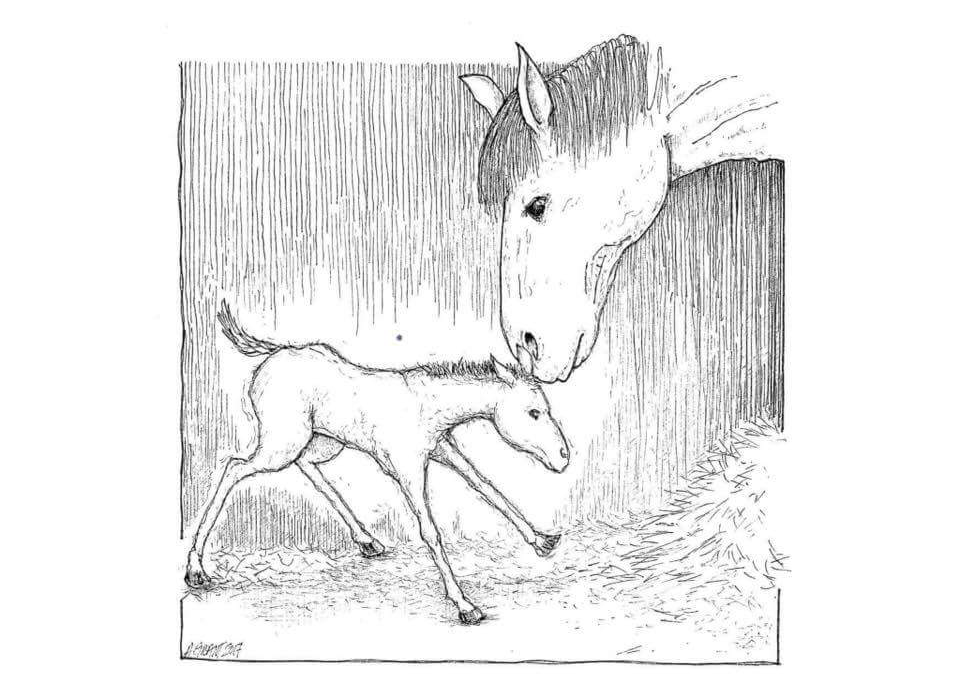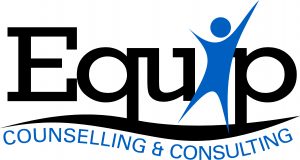Three sources of Confidence
Is it fear, or is it a lack of confidence? Can we even tell the difference between the two? Or does one feed the other? My fear will rob me of my confidence and tell me that it is safer for me to not try. This voice, is not helpful.
If lacking confidence is the problem, then you may need to look to other sources, such as:
- Vicarious confidence; I see another person achieve; if they can do it, then so can I.
- Confidence imparted; another person tells me that I can do it; I may believe them more than I believe myself.
- Confidence gained through gradual steps; I start small (despite how I may feel), one step at a time, until I have achieved more than I ever imagined that I could.
These sources overlap and work together.
What is the goal?
What might we be talking about? Do you have a desire to achieve something? Starting a business? Showing your artwork to another? Going camping? Writing a blog for others to read? Starting a course? Completing a course? Rock climbing? Beginning and sticking with an exercise programme? Applying for a job? Leaving a job?
What risks are you focusing on? The threat of failure, or the threat of success? Fearing what others might think? The unknown? Maybe it is related to financial security? Are you prepared to make that career change knowing that it will put you at the bottom of the ladder? Will your income be lower? How will the pursuit of your goal impact on others? Will you be happier?
The journey to confidence is never ending, but a process with ebbs and flows, highs and lows, starts and stops. You will not wake up one magical morning with confidence somehow imparted to you. It just doesn’t work that way (Harris, 2010).
The Confidence Wobbles
In contrast, your initial steps may be wobbly, and that’s OK. Imagine a new-born baby foal in the hay. What if the foal, upon seeing its mother standing proud and strong were to think, ‘I could never stand up tall and strong like that. Best I stay sitting here in the hay where I know I won’t fall.’
Of course, I have no idea what goes through the mind of the foal, but it responds to the urge to stand, and so it does. It wobbles to its feet, all legs. Once standing, it then attempts to put one foot in front of the other – wobbles some more – maybe it falls over – but rise again it does, again and again. One step, becomes two, then three. It is now in a position to drink from its mother and gains more strength. Its strength increases exponentially.
Perhaps this is the primitive urge for survival, where the short-term risk of falling over is outweighed by the long-term need to survive. Catch a vision of the future and where you want to be. Do you want to stay safe in the hay, or do you want to run in the field?
Imagine the same scene; our wobbly foal sits in the hay and looks up at its mother. She stands in shining brilliance, and the foal sees an image of what it could become. That’s pretty cool.
Vicarious confidence
Start by looking to others. Be inspired by those around you. See what another has done and catch a vision for yourself. Be aware that those to whom you look, have been on a journey as well. We may have admiration for those whose journeys have taken them to celebrity status, but what about that friend whose weekends are filled with pub-gigs, and they are loving what they do. Or the one who has their own business, and have now taken a young apprentice under their guidance. Let this person show you what is possible. You may know them, you may not know them. They may be an author, you’ve read their story and inspiring words, but you have never met them. Personally, I would love to meet and thank the authors listed at the bottom of this article.
Confidence imparted
I did look to others who had gone before me, and thought, ‘I could never do that.’ Fortunately, I also had those who encouraged me, and who continued to feed me positive messages of what they believed I could achieve. One of the more powerful moments came when I was complaining (again) about the challenges of my University course to my friend Chris, who graciously responded with, ‘You’re saying how difficult this course is, but you are still doing it, and you haven’t given up.’ In that moment, I was like young child who has just realised that they’re riding the bike by themselves. This has happened a few times, when another person has drawn my attention to what it is I am actually doing, or have actually achieving.
Confidence gained through gradual steps
I eventually took the first steps needed to start my business. They were nerve-wracking, and slightly terrifying. However, with each step, I felt more confident for the next step. The more I consulted those who had gone before me, the more I learnt that their beginnings were similar to my own. Looking back, I am quite amazed by this journey.
Shaky Legs are Normal
I recently took part in a radio interview and experienced a sense of terror as it went to air; nervous tummy, racing heart, rapid breathing, and some big swallows. This all happened despite knowing that the interview went well and had been a positive experience. It reminded me of a rock-climbing-wall moment. I knew I was safe and didn’t feel afraid. However, halfway up the wall, adrenaline flowed and my legs began to shake. I thought it was fascinating. What if I’d taken my quivering legs as an indication that this was too much for me? What if I had paid complete attention to my body’s reaction and became disjointed from my knowledge that I was indeed safe.
Self-Talk
What is it that you are saying to yourself? I can’t do this? This is too big for me and beyond me? What would happen if we shifted our focus from fearing what it is that we believe that we can’t do, to desiring what it is that we want to achieve? For example; instead of stating ‘I could never_________________,’ it becomes, ‘I want to __________________, and I will do what I can to make that happen.’
Surprising Opposition
Be confident. I encourage you. Be confident. However, be aware that there are some who have difficulty knowing how to deal with another person’s confidence. It takes courage to be confident. There are also those who are more than willing to criticise another’s efforts. It is not uncommon for those who criticise to not actually be doing any of the things that you are attempting to do (Gilbert, 2015). We don’t press forward for approval, we press forward to honour our own authenticity. It has nothing to do with that person who would criticise. Please don’t let them stop you.
What pain is worth having?
For years, I was that person who ‘couldn’t’ and as a result, I didn’t. There were those around me who inspired me and encouraged me, but I had many excuses. These excuses masked my fear of failure and rejection. In time, I decided that I was tired of feeling afraid and that the discomfort of pressing forward was a discomfort that I’d rather have, instead of cowering in the hay feeling afraid of events that hadn’t happened.
Yes, you will feel nervous and most likely will have the voice in your head that tries to tell that you can’t. The question you need to ask is, ‘Do I want this or not?’
Books that I have found to be extremely helpful on this topic are:
Glibert, E., (2015), Big Magic, Bloomsbury Publishing, New York.
Harris, R., (2010), The confidence gap, Penguin Random House Australia.
Simson, N., (2015), Live what you Love. harlequinbooks.com
If you have any queries about the content of this article, or any matter that you wish to discuss, you can contact me via email: gwen@equipcc.com.au
Feature illustration by, Andrew Grant.
About Gwen,
Gwen is a school teacher, counsellor, author and presenter. Gwen’s counselling practice caters particularly for children, adolescents, teachers and parents, as well as generalised counselling. She works with individuals in relation to mental health and wellbeing. Gwen is the author of Bully Resilience: Changing the Game. See www.equipcc.com.au for more information.




Recent Comments